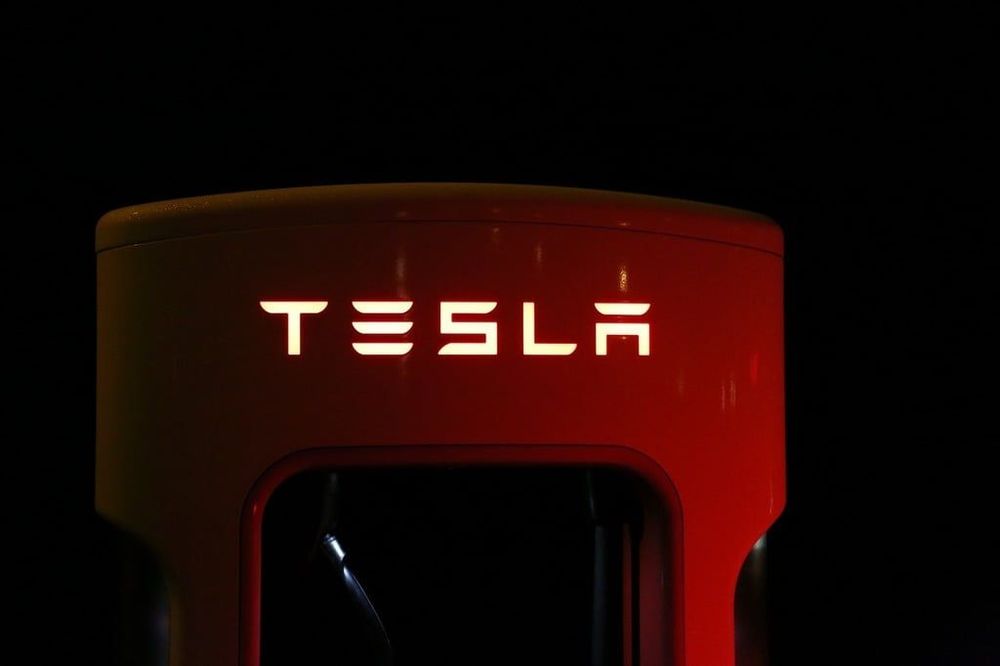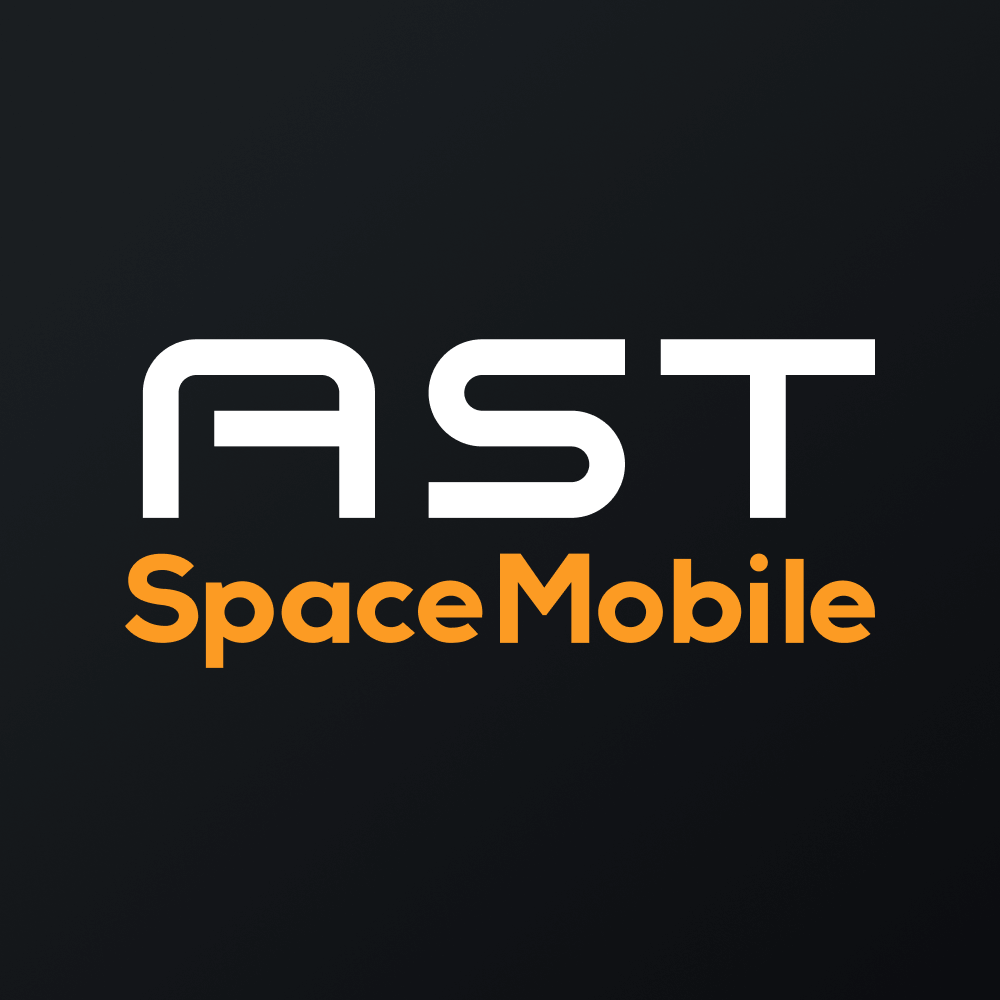Advertisement|Remove ads.
Small Relief For Tesla? EV Maker Finally Lands Stellantis As Supercharger Network Customer

- Stellantis adopted Tesla’s charging standard, enabling upcoming models to access the Supercharger network starting in 2026.
- Tesla expanded its fast-charging footprint, including activating its first full V4 Supercharger site.
- Jeep unveiled the 2026 Recon EV with a 250-mile range as part of Stellantis’ refreshed lineup.
Tesla, Inc. may get a bit of a boost from legacy-auto momentum after Stellantis said on Tuesday it will adopt the North American Charging System (NACS) and give its future electric vehicles access to Tesla’s Supercharger network across the U.S., Japan and South Korea.
Stellantis Gets On Tesla’s 28,000-Station Supercharger Network
Stellantis said its first NACS-compatible SUVs and crossovers will gain access to more than 28,000 Tesla Superchargers beginning in early 2026 in North America, followed by 2027 in Japan and South Korea. Models including the Jeep Wagoneer S, Dodge Charger Daytona, and the upcoming 2026 Jeep Recon will be able to plug into the network as soon as adapter and compatibility details are finalized.
The company said the partnership supports Stellantis’ goal of giving customers “more choice, more coverage and more control” over how they power their vehicles, while improving long-distance travel convenience through fast, reliable charging.
Tesla Extends Its Lead in Charging Infrastructure
The agreement comes as Tesla rolled out its next-generation V4 Superchargers in September, with the first fully built station capable of up to 500 kW charging recently activated in California. While the higher charging speeds currently benefit only the Cybertruck, Tesla’s network remains the most reliable and expansive fast-charging system in North America, according to an Electrek report.
The U.S. added more than 4,000 new DC fast-charging ports in the third quarter, bringing the nationwide total to more than 64,000. Tesla accounted for 1,820 of those, which is roughly 45% of all new ports.
STLA Keeps EV Push Steady
Stellantis and its Jeep brand are pushing into EVs just as U.S. demand has wobbled following the end of federal EV incentives.
Jeep unveiled its long-awaited 2026 Jeep Recon on Tuesday, a $65,000 all-electric SUV designed as a battery-powered counterpart to the Wrangler. The Recon delivers 650 horsepower and 620 lb-ft of torque. of torque, though its 250-mile range trails many cheaper EVs.
Jeep CEO Bob Broderdorf said the Recon highlights how electrification can elevate off-road capability, but acknowledged that the end of the $7,500 tax credit will pressure sales across the industry, CNBC noted.
Stellantis is also reducing its EV investments amid shifting market conditions and recent leadership changes, and the company is working through a broader turnaround at its Jeep brand following years of U.S. sales declines and model cancellations, making Tesla’s turnkey charging infrastructure an attractive solution as it adjusts its strategy.
Stocktwits Mood Leans Bearish For Both Automakers
On Stocktwits, both Tesla and Stellantis showed ‘bearish’ retail sentiment, with Tesla seeing ‘high’ message volume and Stellantis registering ‘low’ activity.
While Tesla’s stock has risen 0.6% so far in 2025, Stellantis’ stock has declined 21% over the same period.
For updates and corrections, email newsroom[at]stocktwits[dot]com.













/filters:format(webp)https://news.stocktwits-cdn.com/large_ras_tanura_jpg_b79d6fe085.webp)
/filters:format(webp)https://news.stocktwits-cdn.com/IMG_8805_JPG_6768aaedc3.webp)
/filters:format(webp)https://news.stocktwits-cdn.com/Getty_Images_2202580632_jpg_9b97227b1a.webp)
/filters:format(webp)https://news.stocktwits-cdn.com/Aashika_Suresh_Profile_Picture_jpg_2acd6f446c.webp)
/filters:format(webp)https://news.stocktwits-cdn.com/large_ACHR_resized_jpg_25097dbec7.webp)
/filters:format(webp)https://news.stocktwits-cdn.com/jaiveer_jpg_280ad67f36.webp)
/filters:format(webp)https://news.stocktwits-cdn.com/large_Plug_resized_jpg_82cf2f0bcd.webp)
/filters:format(webp)https://news.stocktwits-cdn.com/astspacemobile_resized_jpg_8a6aa92413.webp)
/filters:format(webp)https://news.stocktwits-cdn.com/large_Getty_Images_2231279747_jpg_9150b71435.webp)